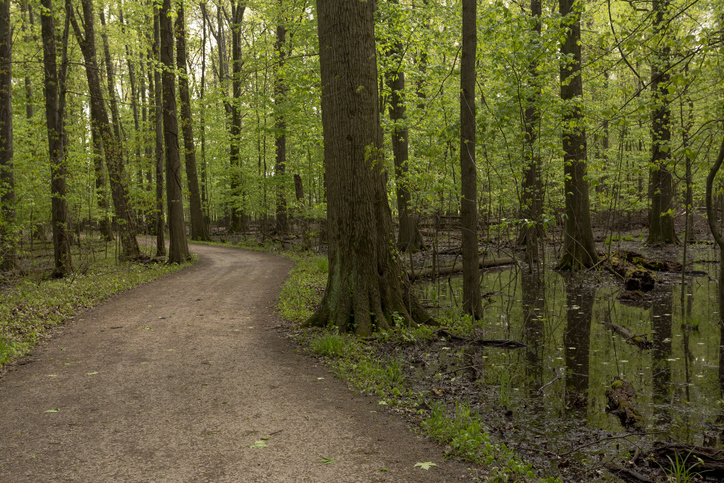A Half-Century of Cleanups and the Job Still Isn’t Done
September 27, 2019
WARWICK, R.I. — Back at the Save The Bay registration table on Conimicut Point, I watched as our bucket of beach detritus was weighed. In 2 hours, Community College of Rhode Island student Bie Khang and I had collected 4 pounds of cigarette butts, plastic wrappers, bottle caps — both plastic and metal — plastic bottles, indistinguishable shreds of this and that, and, of course, a used shotgun shell and a flyswatter.
Standing in the warm sun and gentle breeze that last Saturday of summer, I thought back to all those places I have helped cleaned up over almost — oh, my god! — the past 50 years.
It all began just about the time that Richard Nixon had proposed the creation of the Environmental Protection Administration, when Woodsy Owl called to us from billboards and TV screens to Give a hoot! Don’t pollute — back when we solved the problem of air pollution by requiring that factories build taller smokestacks so the pollutants would go … elsewhere.
It had all seemed so simple back in 1970. The dozen or so high-school kids that I had convinced to join the newly created — and unusual for its day — Ecology Club at the Norfolk, Va., school where I taught had agreed to spend an autumn Saturday morning picking up trash from alongside Route 60 near First Landing State Park.
On subsequent occasions, we collected litter from the beaches, but they weren’t anywhere near as trashy as the roadsides — this was, of course, before plastic became the go-to material for container and wrapping manufacturers.
These cleanups made us feel pretty virtuous. And pretty hopeful: we probably thought that we were working on a problem that might be solved in the relatively near future.
We felt as virtuous as those I’ve cleaned up litter with ever since have felt, elsewhere in Virginia, then in Massachusetts and Vermont. It was in Vermont that I had the idea to see just what kind of litter lined Route 131 in Weathersfield, where we lived in the mid-1990s.
I had been writing commentary for Vermont Public Radio long enough to have some leeway in what I wrote, so when I proposed a piece about what I would find alongside the road, VPR commentary producer Betty Smith gave me a thumbs-up.
My wife and I dragged an increasingly heavier plastic bag with us, filling it with beer cans, take-away food bags, cigarette boxes, candy-bar wrappers, the occasional condom, and, of course, lots of cigarette butts.
A decade or so later, my wife and I marched along Beirut’s Corniche with a bunch of kids from the international school where we were teaching. When the couple of dozen of us clambered down to the little beach to fill bag after bag of mostly plastic bottles, we accumulated a crowd almost as puzzled as the onlookers who had ogled the Ecology Club cleanup 40 years before.
Since then, I have participated in beach cleanups in southern Lebanon, one along the Neponset River just north of Rhode Island, and several times on Narragansett Bay.
We’ve come a long way from that first roadside cleanup, though. Save The Bay’s recent Conimicut Point cleanup was one of about half a dozen in Rhode Island, and was affiliated with the Fighting for Trash-Free Seas project. It’s estimated that more than a million people in 90 countries will participate this year, each one recording exactly what they’re picking up.
Too bad our propensity to mess up our planet not only hasn’t come to an end, but has gotten worse. Too bad we still have to do this, isn’t it?
Maybe someday …
But until that day, what else is there to do but show up, take a bucket, and do our part?
Did you miss the Sept. 21 cleanups? No problem. There are more to come. Click here for the schedule.
Nicholas Boke is an international educational consultant and freelance writer. He lives in Providence.
Categories
Join the Discussion
View CommentsYour support keeps our reporters on the environmental beat.
Reader support is at the core of our nonprofit news model. Together, we can keep the environment in the headlines.
We use cookies to improve your experience and deliver personalized content. View Cookie Settings



